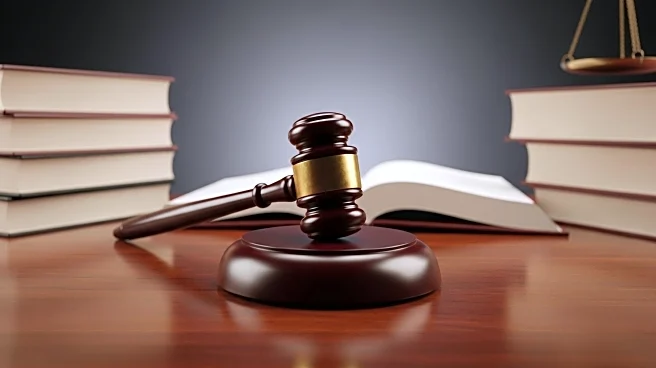What's Happening?
A federal judge has ruled that the Trump administration's decision to freeze federal research funding at Harvard University was unconstitutional. The ruling by U.S. District Judge Allison D. Burroughs found that the administration's actions violated Harvard's First Amendment rights and constituted retaliation and unconstitutional coercion. The decision vacates the government's freeze on over $2 billion in research grants, which had threatened significant research projects at Harvard, including cancer research and quantum computing. The administration had justified its actions by claiming the need to combat antisemitism at the university, but the judge determined that this reasoning was a pretext for a targeted ideological assault.
Why It's Important?
The ruling is a significant victory for academic freedom and the protection of constitutional rights within higher education institutions. It sets a precedent that the government cannot use civil rights laws as a pretext for violating the First Amendment, potentially influencing future interactions between universities and federal authorities. The decision also highlights the ongoing debate over the role of government in regulating university policies and practices, particularly concerning issues of diversity and inclusion.
What's Next?
The ruling is likely to be appealed, which could lead to a prolonged legal battle between Harvard and the Trump administration. The outcome of this case may impact other universities facing similar challenges, potentially encouraging them to resist governmental demands perceived as overreaching. The decision also calls for a reevaluation of how universities address issues of antisemitism and discrimination, balancing institutional autonomy with federal oversight.











